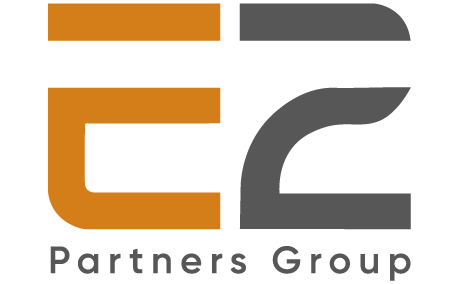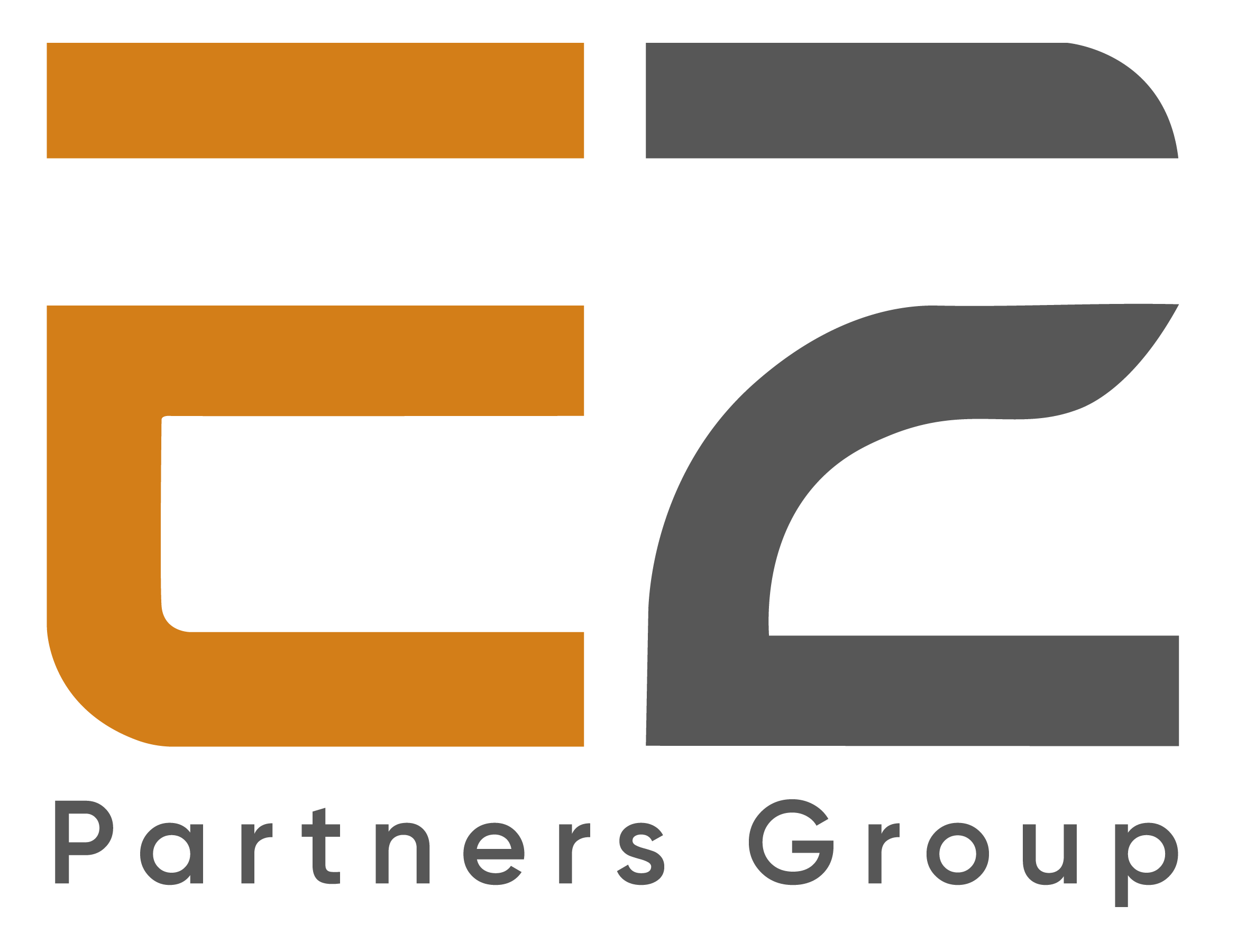HR compliance is a critical aspect of managing a small business, yet it can be complex and overwhelming. Failure to comply with employment laws and regulations can lead to legal troubles, financial penalties, and damage to your company’s reputation. To help small business owners navigate HR compliance effectively, here’s a comprehensive guide:
Understanding HR Compliance
HR compliance encompasses various aspects, including:
- Employment Laws: Familiarize yourself with federal, state, and local employment laws covering areas such as minimum wage, overtime, and anti-discrimination.
- Employee Records: Maintain accurate and up-to-date employee records, including tax forms, I-9s, and performance evaluations.
- Payroll and Taxes: Ensure proper payroll processing, tax withholding, and compliance with tax reporting requirements.
- Workplace Safety: Comply with occupational safety and health regulations to provide a safe working environment for employees.
Compliance Tips for Small Businesses
To stay compliant, consider the following tips:
- Stay Informed: Regularly monitor changes in employment laws and regulations at federal, state, and local levels.
- Document Everything: Maintain detailed records of all HR-related transactions, including hiring, termination, and performance evaluations.
- Employee Training: Train your staff on compliance matters to prevent violations and ensure everyone is aware of their rights and responsibilities.
- Seek Professional Guidance: Consider working with HR professionals or legal experts to navigate complex compliance issues.
By prioritizing HR compliance, small businesses can protect themselves from legal troubles, create a positive work environment, and focus on their core operations.


